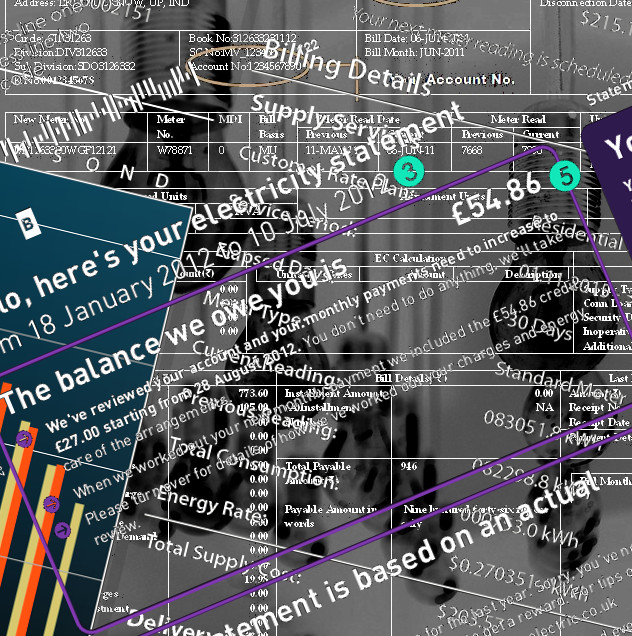Power firms urged to use 'plain English'
 The Federal Government wants power companies to relay costs to customers “in plain English”.
The Federal Government wants power companies to relay costs to customers “in plain English”.
Government leaders met with eight electricity company bosses to agree on changes that will see retailers write to customers when they reach the end of a discounted plan to tell them how much more they spend.
The information, to be provided “in plain English”, will refer customers to a comparative website so they can search for a better deal.
Mr Turnbull said the changes would have an immediate impact.
“This will ensure that Australian families, thousands of Australian families — hopefully millions of Australians — better informed, will then be paying less for their electricity,” he said.
Retailers will also give customers “clear, user-friendly” facts on terms, late-payment penalties and terminations.
The eight companies at the meeting service eight million households and businesses.
The retailers will report on the changes on August 18, ahead of another meeting later in the month.
Dr Ariel Liebman - Deputy Director of the Monash Energy Materials and Systems Institute (MEMSI) at Monash University – says it is a good start, but much more needs to be done.
“This is but the minimum first step in starting to resolve the mess that is the Australian energy market framework, and on its own will not lower electricity prices,” Dr Liebman said.
“There is a chance it may not even prevent further price increases as retail electricity and price competition is not working at all.”
Dr Liebman outlined the following important steps he says would bring about significant change:
1. Ensure that the ACCC [Australian Competition and Consumer Commission] gets to the bottom of why it seems to cost so much more to operate the retail function of an energy company in Australia than elsewhere, leading to large margins.
2. Provide the AEMC [Australian Energy Market Commission] and the AER [Australian Energy Regulator] with sufficient powers to tackle any competition issues in the retail space.
3. Fully privatise all energy assets across Australia, especially distribution networks, to ensure there are no perverse incentives due to state governments' conflicts of interest. In particular, electricity distribution networks which are responsible for the bulk of the electricity price increases in Australia over the past 10 years. Note that, under the federal constitution, the states have jurisdiction over essential services such as electricity. Hence the federal government regulator only operates at the consent of the states.
4. Review the entire network monopoly regulation process that was designed assuming no new technologies on the demand side such as solar PV, batteries or smart grids. Now that there is true competition from the customers themselves, the regulatory framework is locking out innovation and possible price reduction.
5. Implement as many of the emerging consumer-side IT technologies in consumer premises such as in-home displays or energy management systems to give consumers insight into their energy use and cost in real time.
6. Ensure policy certainty by getting a carbon price back on the table as quickly as possible. Or, failing that, implement the minimum policy, which is the clean energy target as recommended by the Finkel review, and ensure it has a low enough emission intensity and that the target matches the 1.5 degree target. This means much deeper cuts than the 26-28 per cent below 2005 by 2030.
7. Ensure that the coordinated generation and transmission system planning recommended in the Finkel review is implemented as soon as possible due to the long lead times for building wind and solar farms and transmission infrastructure. This function and power should rest fully with the Australian Energy Market Operator which should be given sufficient authority and resources to ensure this happens quickly and efficiently."







 Print
Print